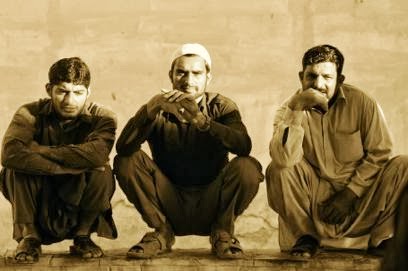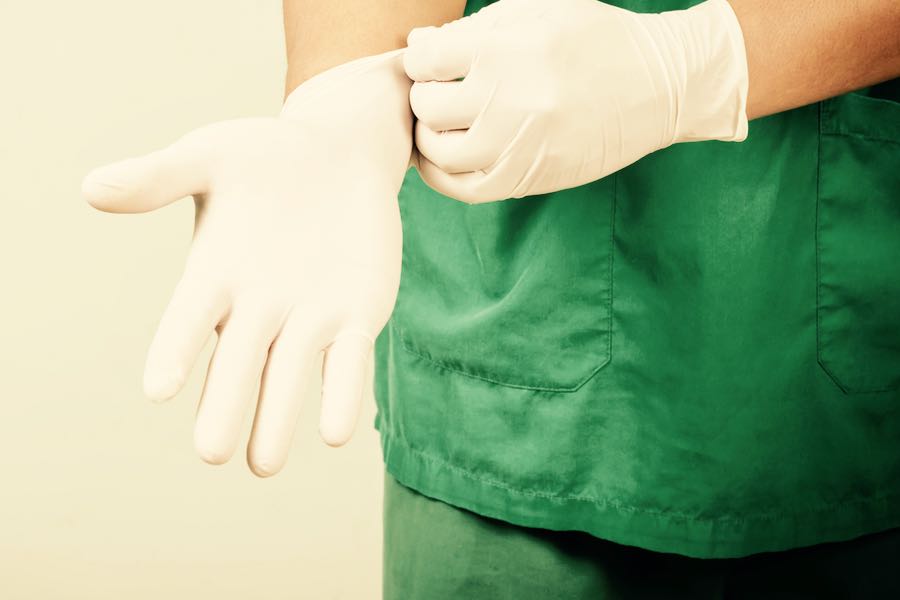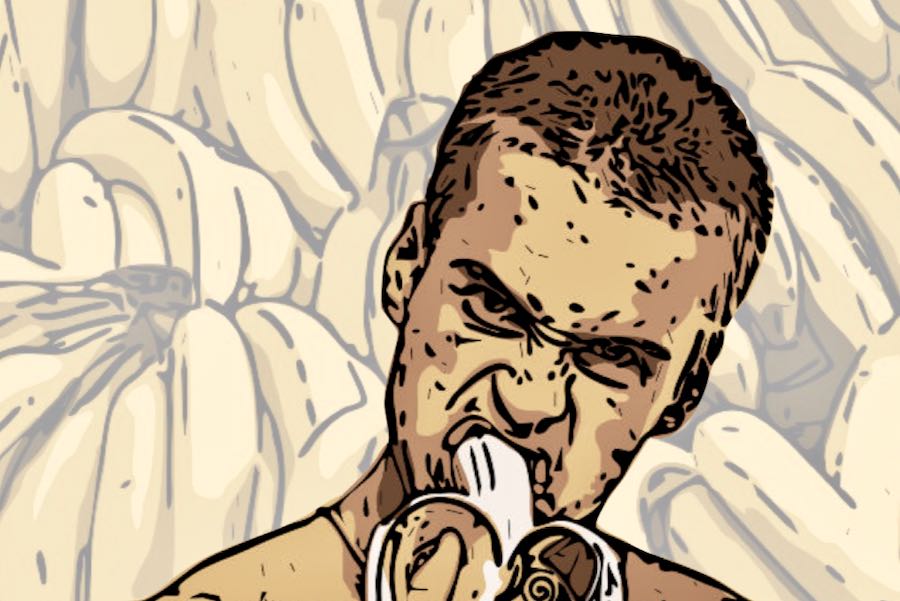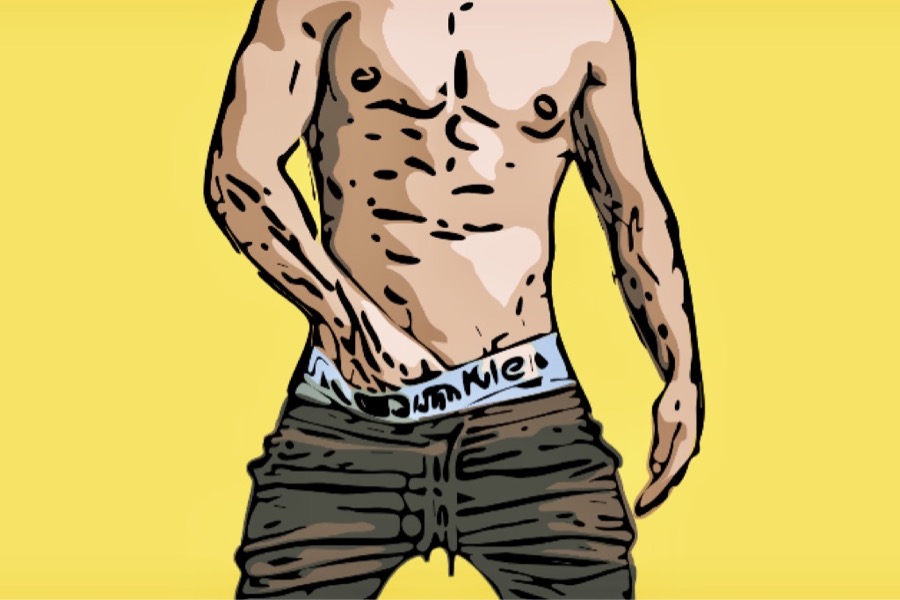Zeeshan pulls out his smartphone, opens Grindr with few touches of his fingers and finds out that about 250 meters another man is connected. The picture shows a beautiful chest, the presentation corresponds to the tastes of our friend, who will have a little company tonight, if he will be lucky. We are in Karachi, the largest city of Pakistan with its 23.5 million inhabitants, and even here the applications for the latest mobile phones have revolutionized the sexual lives of many gay men. These changes are described in “Inside Gay Pakistan,” the surprising and lively documentary created by Mobeen Azhar (mobeenazhar.co.uk – twitter.com) and broadcasted by the bbc.co.uk a few days ago. The British-Pakistani journalist and film maker interviewed many gay people in the Asian nation and has realized with these testimonies the portrait of a country that seems destined for great transformations. Il grande colibrì interviewed him.
How is the “gay scene” organized in Pakistan?
In Pakistan’s cities social media and gay “hook up” apps like Grindr and Manjam are increasingly used. However it’s important to note that such technology is only available to a select demographic. Most people don’t ;have smart phones or access to the internet. The “scene” includes informal invitation-only parties in private homes and again, such activity is, for the most part, the preserve of the rich. Many gay men meet at tea stalls, cruising grounds and in particular parts of the city known as “hot spots”. There is not much of a formal scene in a European sense but there is a lot happening if you scratch the surface.
Not all the “gay Pakistanis” describe themselves as homosexual, isn’t it?
Many men and women who are attracted to the same gender in Pakistan do not identify as “gay” or “homosexual”. These are often seen as Euro-centric identities. Many who identify as “gay” belong to the upper income demographic. Obviously, this doesn’t mean that gay people don’t exist amongst lower income groups, or that they are having less gay sex. It just means many of them don’t identify as “gay”.
So, which role and space have homosexual sex in their lifes?
Many men enjoy gay sex but identify as straight. Gay sex is often seen as a release. One contributor suggested that in Pakistan “men are for fun whilst women are for procreation“. I don’t think that’s the case for everyone but it does illustrate how gay identity is often confined to a sexual act in Pakistan, for many Pakistani men at least.
In Mediterranean countries, including Italy, society condemns homosexuality, but often turns a blind eye on some roles and some practices perceived as less “feminine” and less “indecent”: for example, being passive is more shameful that being active, oral sex is less unacceptable that anal sex or other “bizarre” sexual practices… Is it the same in Pakistan?
This is very much the case in Pakistan. One of the contributors in the documentary told an interesting story about two men who were found have sex in a field in rural Pakistan. The men were arrested and their families informed. One of the families tried to bribe the police into dropping charges. When the police refused the family asked if their son could be portrayed in public as the one doing the penetrating when in actual fact, he has being penetrated. The story illustrates the stigma that is related not only to gay sex, but more so, to men being penetrated.
In my opinion, such notions are rooted in sexism. In Pakistani society women are generally seen as subordinate to men. It’s assumed that if a man is willing to be penetrated during sex, he is imitating a woman and therefore he is “bad” or “less than” a man.
Is female homosexuality more or less accepted than male homosexuality?
In most instances female homosexuality is not even acknowledged as existing! There are some anecdotal cases of women who have been persecuted for having sex or relationships with other women.
In your opinion, why?
Women in Pakistan generally aren’t allowed the same freedom of movement as men. As a result a man can continue having gay sex or a relationship for years whilst simultaneously maintaining a heterosexual marriages. This is just not possible for most women. Women also have a lot less freedom in which to have formative experiences. For example, young men are often allowed to sleep over at friends’ houses and go out in groups, with other young men. Young women are most often not allowed such freedoms. This doesn’t mean gay women don’t exist in Pakistan. It means that their voices are rarely heard.
In your documentary, you present people who have very different affective lives: someone is married and attends secretly cruising areas, there is a massager who has sex with his clients with the approval of his wife, there are also some gay and lesbian couples… Finding homosexual sex seems very easy, while finding love is very difficult, but not impossible…
The acceptability of same gender intercourse and the rejection of same sex relationships is a key theme in the documentary. I’m not suggesting that same gender sex is celebrated by mainstream society; however, a “blind eye” is often turned to men having gay sex. A blind eye is almost never turned to men having gay relationships.
What is the main obstacle?
Probably the idea that Pakistani society is built on a tightly constructed and intensely prescriptive family structures. Everyone in the family has a role that must be fulfilled and as such, who you marry, when you marry and where you live after you married are all decisions that are made collectively and not by the individual.
As a result, gay sex is palatable by society in comparison to gay relationships. A relationship would ultimately mean that an individual man or woman would not be part of the traditional prescriptive family structure. That’s a problem and a huge taboo. As Qasim Iqbal says in the documentary gay men often avoid “investing in a monogamous relationship” because they know that ultimately they have to get married to a woman. As a result, many gay men and women lead a double life in Pakistan. Public and private lives can be wildly different.
Some of the people you interviewed are very confident in a more inclusive and free future. Moreover the debate on LGBT rights is already open on the web, Pakistani transsexuals have obtained many rights, and even a TV show will present a gay couple… Can we be optimistic? Is Pakistan becoming more gay-friendly?
It’s wrong to suggest Pakistan is any kind of model for gay liberation. However, in private, discussions are taking place. No matter how archaic Pakistan’s approach to formalizing gay rights may seem, I do feel the battle for gay liberation and more importantly, victory in that battle, is inevitable.
In your opinion, what are the main opportunities and risks with regard to the acceptance of sexual diversity?
Many contributors I met were following the news about marriage equality in Britain. These debates on the global stage do spark conversation inside Pakistan. I also believe that change must be organic in Pakistan. It can’t be imposed from outside. Many Pakistanis are fighting against sectarian violence on a daily basis. Economically and socially, Pakistan is a mess. It’s understandable that gay rights issues are far collective public consciousness, but to reiterate, I do think Pakistan will one day be a place in which gay people can live and love freely. It may take 100 years, but it will happen.




